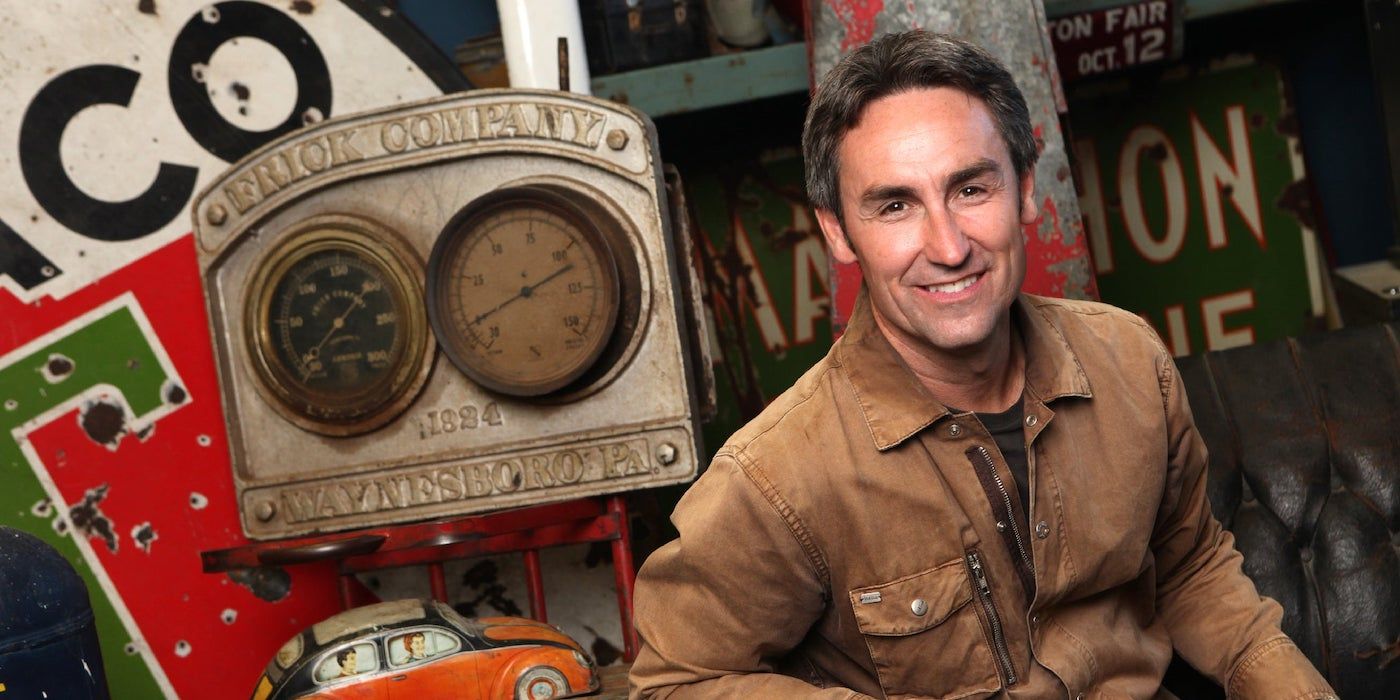The Decline of the American Shopping Spree | Globe Echo

Years of elevated inflation and high interest rates are taking a toll on American consumers, who are struggling to maintain their spending habits. Savings accumulated during the Covid-19 pandemic are dwindling, debt continues to rise, and delinquencies are on the rise. Retailers have reported that shoppers are becoming increasingly fed up with rising prices, leading to changes in their purchasing behavior. The US consumer plays a crucial role in driving economic growth, and they are facing obstacles from all sides.
The economic recovery from the pandemic saw a surge in consumer demand, with Americans eagerly spending on high-profile events and travel. A strong job market, with low unemployment rates and wage growth exceeding inflation, has supported this spending spree and helped prevent a recession. However, despite these positive indicators, there are signs that Americans are feeling the squeeze and may be forced to cut back on their spending if economic conditions worsen.
Economists are closely monitoring the latest economic data for signs of a turning point. Recent figures show that consumer spending has been weaker than expected, with retail sales remaining flat in April and GDP growth being revised down. The employment report for April also fell short of expectations, raising concerns about the sustainability of the job market’s current momentum. It remains uncertain whether these disappointing figures indicate a further economic slowdown or if they are just temporary fluctuations.
Retail earnings have painted a mixed picture, with lower and middle-income consumers beginning to pull back on their spending. Chains like Walmart and Dollar General have seen customers buying more affordable items, while department stores like Kohl’s are experiencing declines in sales of non-essential clothing and discretionary merchandise. Despite efforts to boost demand through discounts and promotions, many retailers are struggling to maintain sales levels. Some companies, like TJX and Abercrombie & Fitch, have seen success by offering bargains and tapping into consumer nostalgia.
Despite initial predictions of an impending recession last year, the economy has shown resilience, surprising economists with its strength. However, the challenging economic landscape, marked by high inflation, interest rates, and consumer debt, is putting American consumers to the test. As the job market faces uncertainty and retail sales struggle to rebound, the future of the US economy remains uncertain, with economists closely monitoring the latest indicators for any signs of a potential downturn.
Related
‘American Pickers’ Star Mike Wolfe’s Antiques Shop Faces Backlash for…
American Pickers host Mike Wolfe has recently come under fire, and it has to do with his antiques store, Antique Archaeology, in Nashville. The U.S. Sun has re
S.Coups’ Favorite K-Beauty Brand Is Now Available in America: Shop…
The SEVENTEEN star was announced as the brand ambassador for the skincare brand last year.
The trade war is here. You’ll notice it at the…
Canadians' pocketbooks will likely be the victim of a prolonged trade war with the U.S., with the prices on consumer goods potentially rising over the next week
American booze taken off shelves and stacked in shopping carts…
Open this photo in gallery:A staff member removes bottles of U.S. alcohol from the shelves of a Liquor Control Board of Ontario (LCBO) store, as part of retalia












